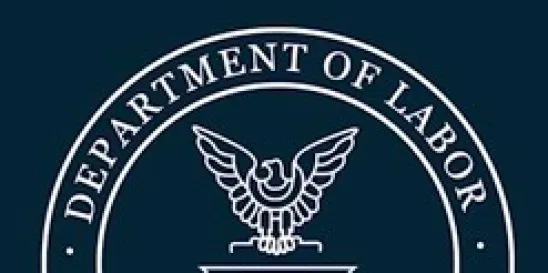Recently, the U.S. Department of Labor (DOL) issued a new rule redefining how workers are classified under the Fair Labor Standards Act (FLSA). The final rule, which will make it more challenging to classify workers as independent contractors, is set to take effect on March 11, and can be found here.
The new rule rescinds the DOL’s prior 2021 independent contractor rule and related guidance (2021 Rule). The 2021 Rule previously identified (i) the nature and degree of control over work and (ii) the opportunity for profit or loss as “core” factors that were weighed more heavily than other factors in determining whether workers were employees or independent contractors. In rescinding the 2021 Rule, the DOL cited confusion and disruption for workers and businesses, as well as concerns raised by the 2021 Rule’s departure from longstanding judicial precedent.
The DOL’s new rule reverts back to the more complex totality-of-the-circumstances analysis of the economic reality test for determining proper worker classification. Under this analysis, the six enumerated economic reality factors used in determining proper worker classification are: (i) opportunity for profit or loss; (ii) investments by the worker and potential employer; (iii) degree of permanence of the working relationship; (iv) the nature and degree of control; (v) the extent to which the work performed is an integral part of the potential employer’s business; and (vi) skill and initiative.
Significantly, the new rule makes clear that these factors do not have a pre-determined weight and are considered in view of the economic reality of the entire activity. The new rule also provides guidance on how these factors should be considered, and confirms that other factors may be considered if they are relevant to the overall question of economic dependence.
Additionally, the new rule provides a broader discussion on how work scheduling, remote supervision, price setting, and the ability to work for others should be considered under the “control” factor of the analysis.
The new rule is expected to make classifying workers as independent contractors more difficult. Industries that may be significantly impacted include construction, trucking, health care, and gig economy employers. Interested businesses are expected to bring legal challenges, which could potentially delay implementation of the new rule.
Employers should familiarize themselves with the new regulatory framework and take proactive steps now in response to the more stringent classification requirements.







 />i
/>i
